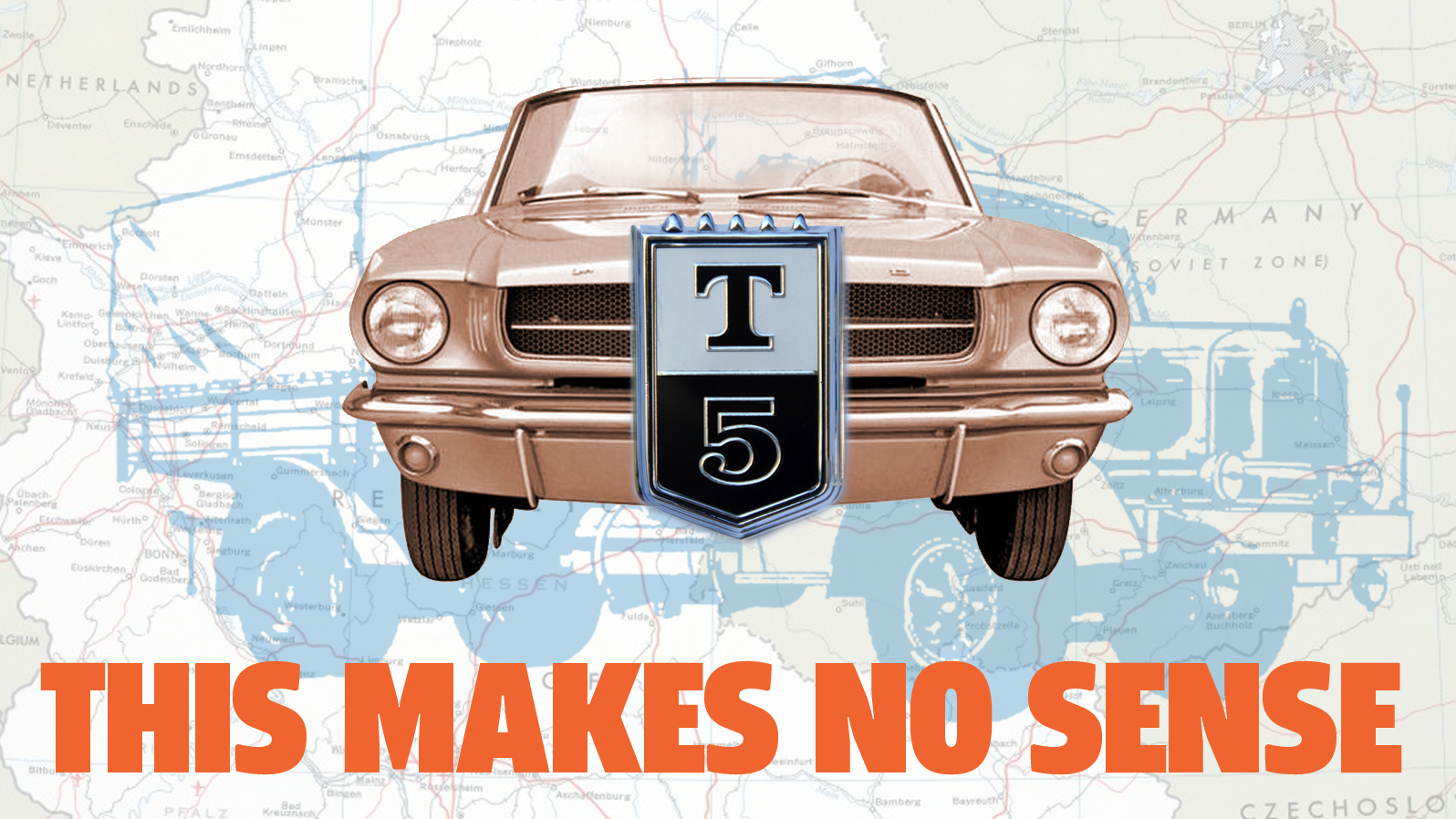There Was A Time When Ford Didn't Think The Mustang Brand Was Worth What A Fancy Truck Costs
How much do you think the Mustang brand identity is worth to Ford today? A hell of a lot, right? It's a legit automotive icon, and the only non truck/crossover/SUV they're still even willing to sell in America anymore, so you'd think it's safe to say that the Mustang brand is considered a crown jewel of Ford. Incredibly, this hasn't always been the case; in fact, at one time, Ford wasn't even willing to pay the price of a top-spec F450 for it. I'll explain.
When the Mustang was first released in 1965 (we'll just leave that 1964 1/2 stuff to the real dorks) and they began to investigate exporting the car to Europe, they ran into a bit of a snag in Germany: the name Mustang was taken.
A company called Krupp had been building multipurpose utility trucks under the Mustang name for years, and held the German trademark to the name.
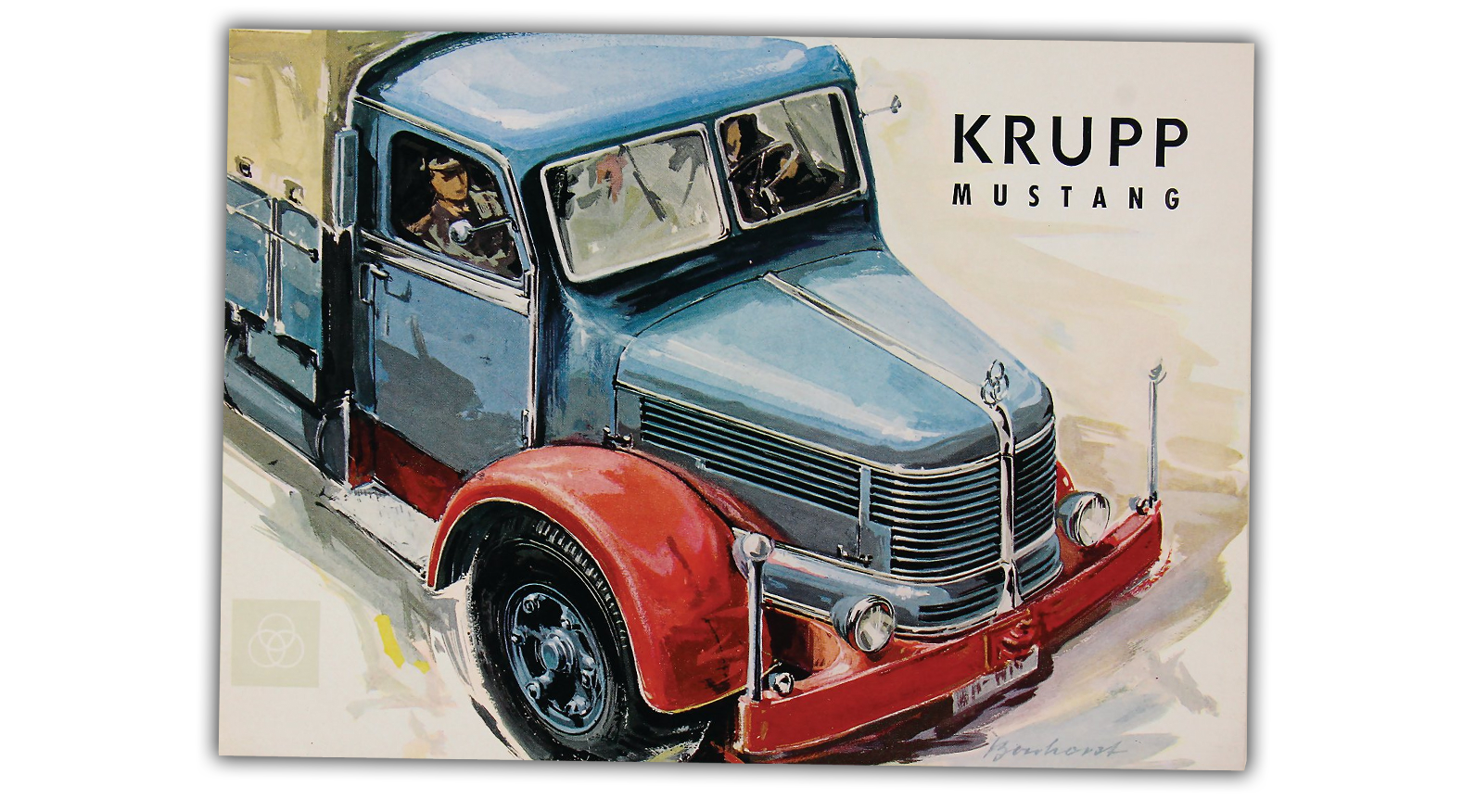
They offered to sell the name to Ford, but Ford refused, choosing instead to re-brand the Mustang in Germany as the T5.
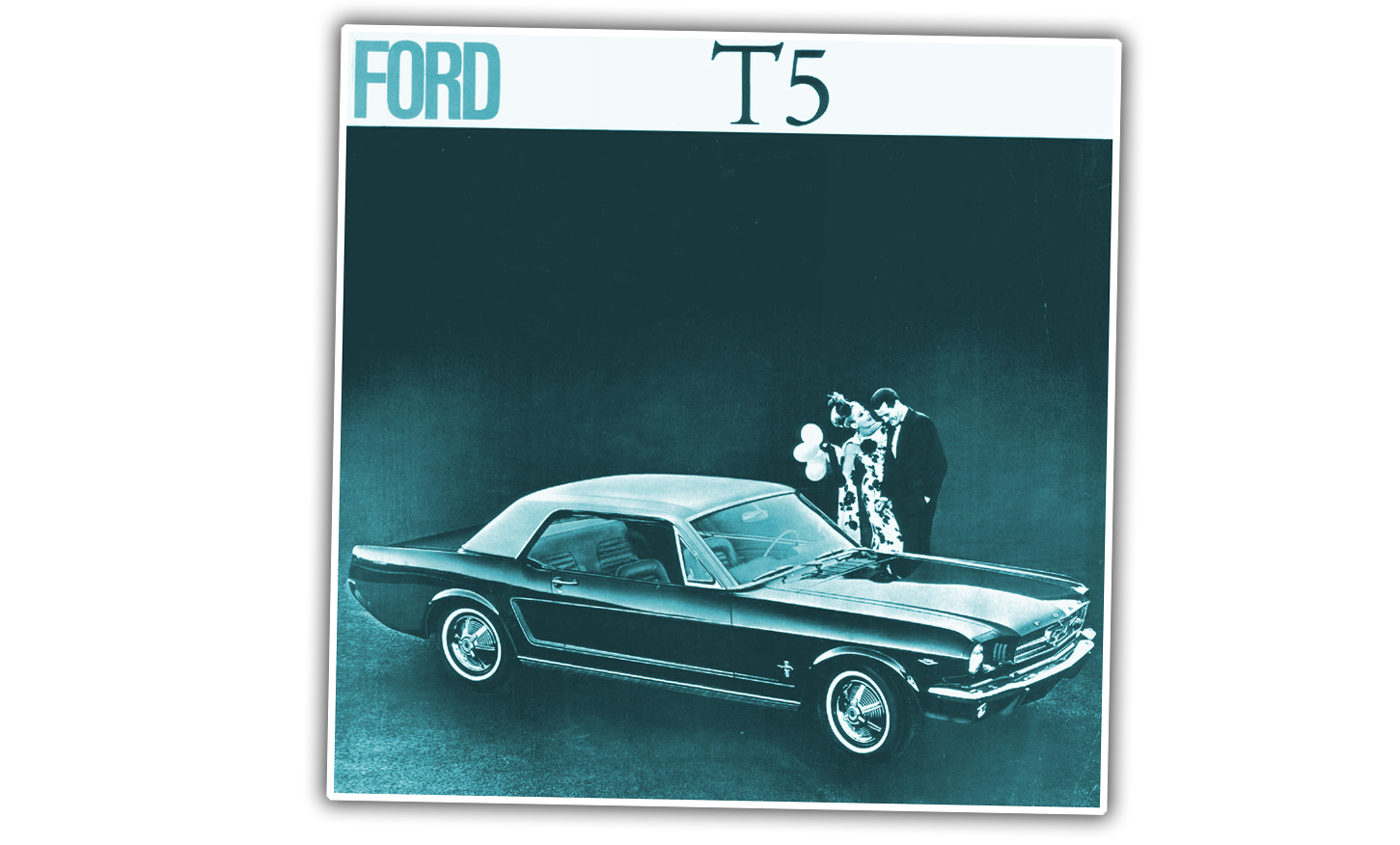
T5 was a development name used by the Mustang project, but it had no special significance otherwise. There was still the galloping horse on the fenders, but I guess that was just some random, unrelated horse in this context.
Now, this is interesting and all, but it's not exactly unknown—real Mustang obsessives are very aware of these German T5s. What I think is fascinating—and what I never really realized before—is the amount Krupp wanted from Ford for the Mustang name: $10,000.
Now, this baffles me. $10 large just doesn't seem like a big deal to a huge company like Ford, even in 1965. If we calculate what $10,000 in 1965 is in today's dollars, it comes to right about $81,500.
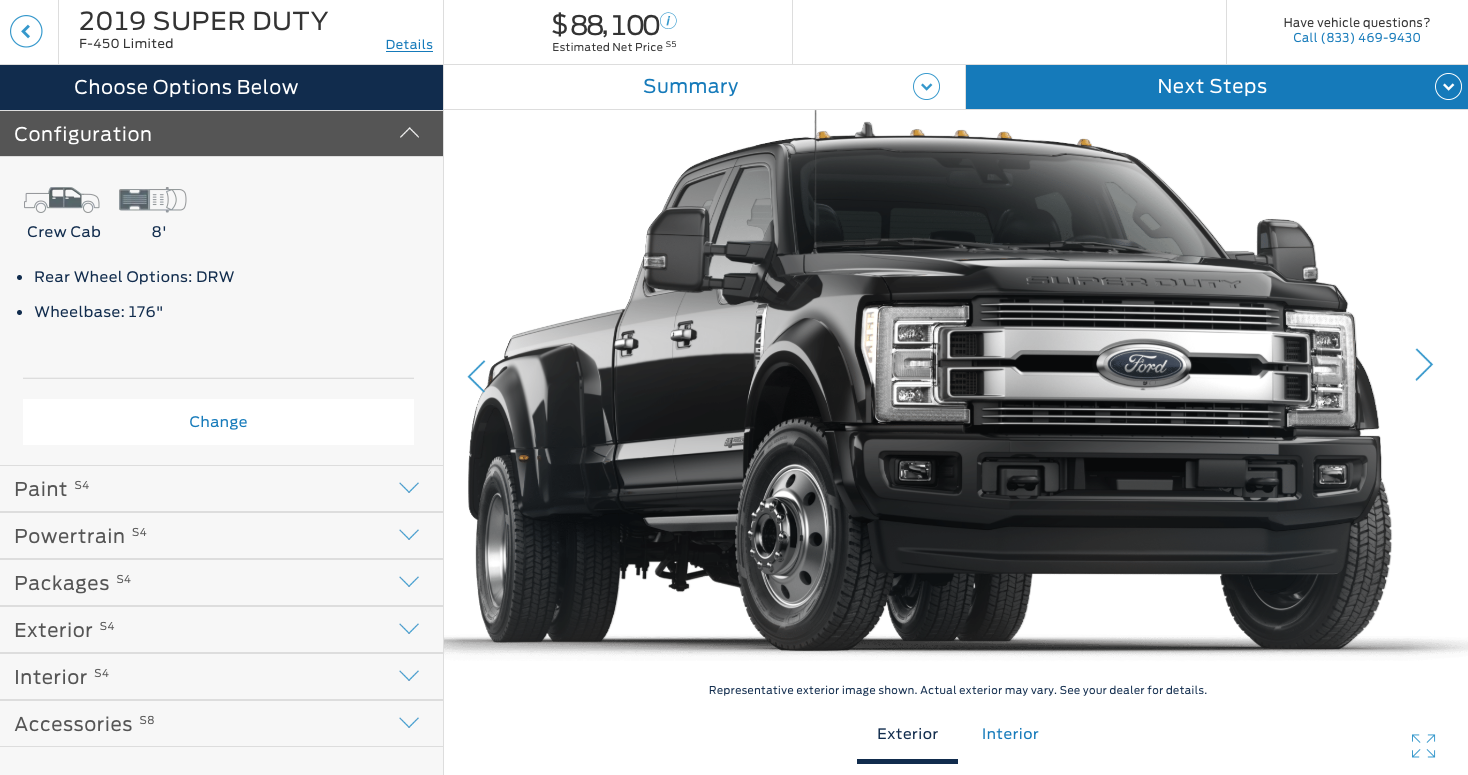
That's less than the cost of one well-equipped Ford F-450 Super Duty Crew Cab truck.
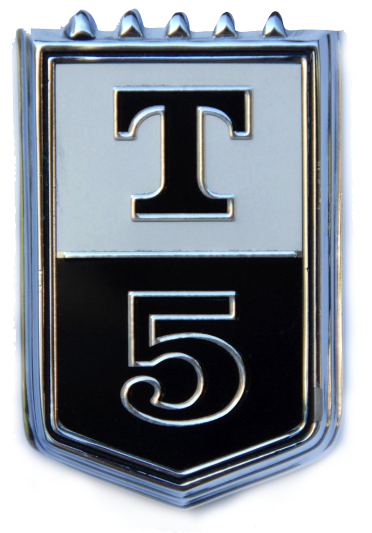
Ford wasn't exactly a tiny, struggling company in 1965—they were huge, arguably more powerful and influential than they are today. Ten grand would have been a trivial amount for them to get the Mustang name, certainly a hell of a lot easier and cheaper than having to produce badging, advertising, documentation, and so on for an identical car in one, solitary market.
I have yet to find a really good explanation of why Ford made this decision way back then. Sure, the Mustang was new, and nobody could really know how legendary the nameplate would one day become, but even so, what was the point of cheaping out and not buying the name, when it had to have cost Ford more to make all those special T5 badges and steering wheels and hubcaps and owners manuals and on and on. It makes no sense.
Even if Krupp was asking much more money, you'd think it'd have been worth it—they were willing to sell the rights to the name, which you'd think would be the important part.
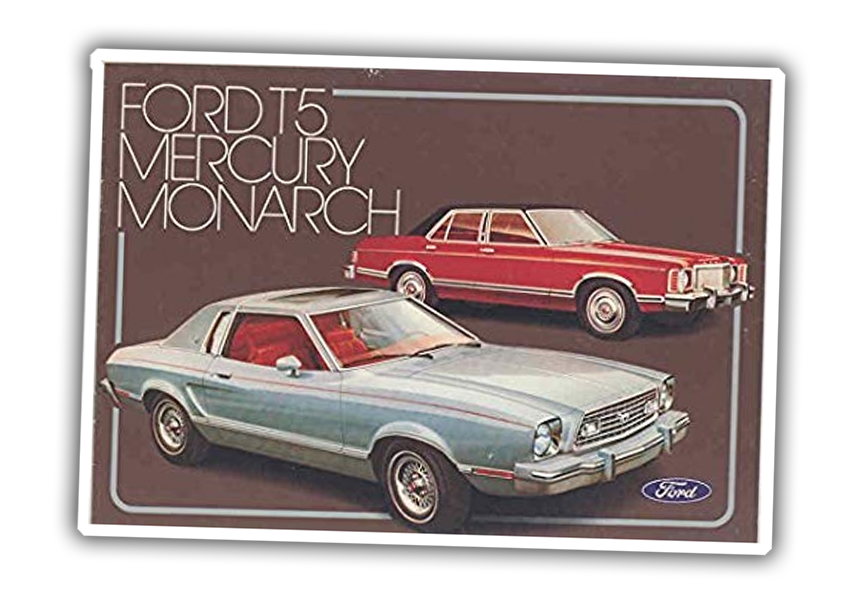
Eventually, in 1979 Krupp's trademark on the Mustang name expired, and Ford began badging German Mustangs just like the rest of the world.
But for well over a decade—an incredibly influential decade in that car's life—Ford did this weird-ass not-Mustang thing in Germany because—why again? They're incredibly cheap, if you don't pay attention to the extra cost associated with totally re-badging a car and maintaining a unique marketing arm for one market?
They didn't want to give Krupp any money? Pride? A childhood promise Edsel Ford made to Kaiser Wilhelm II? Who the hell knows. All I do actually know is that this has to be one of the strangest (stupidest?) automotive marketing decisions made by a major carmaker ever.
